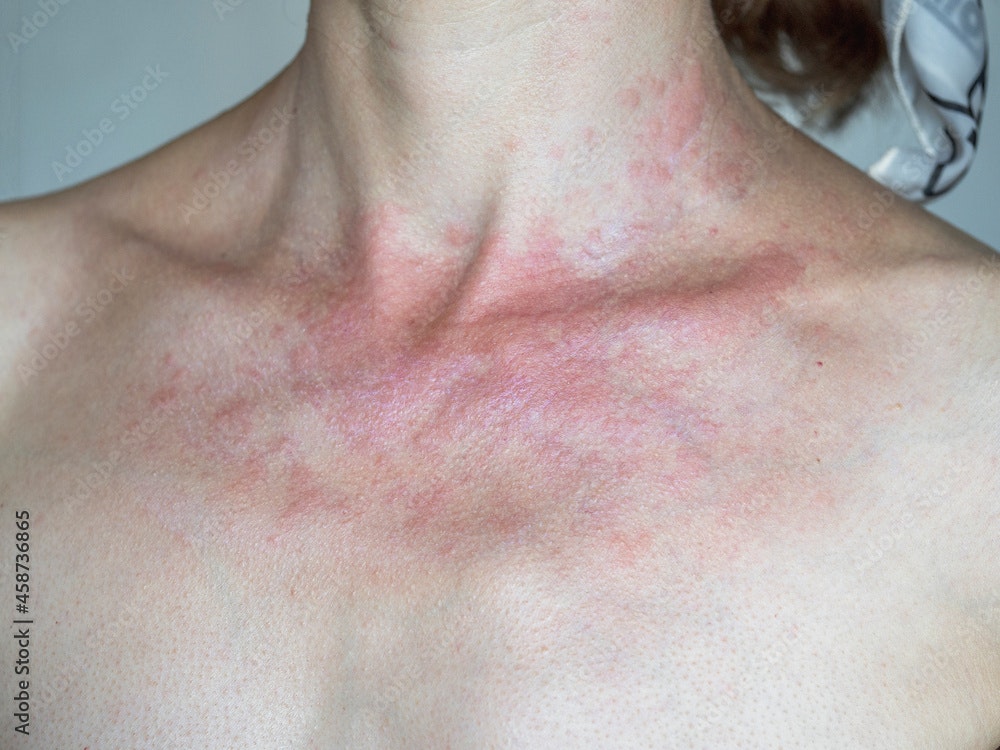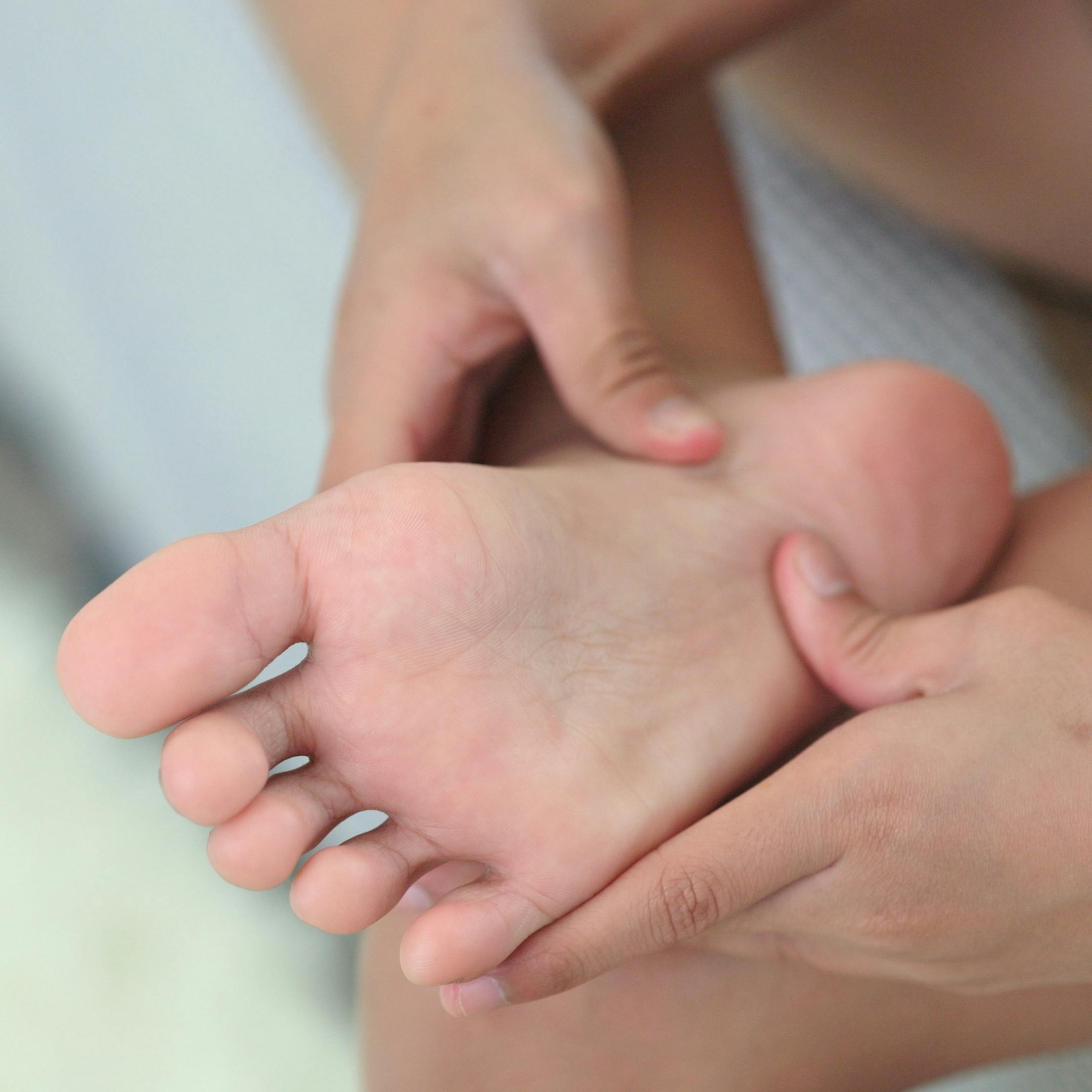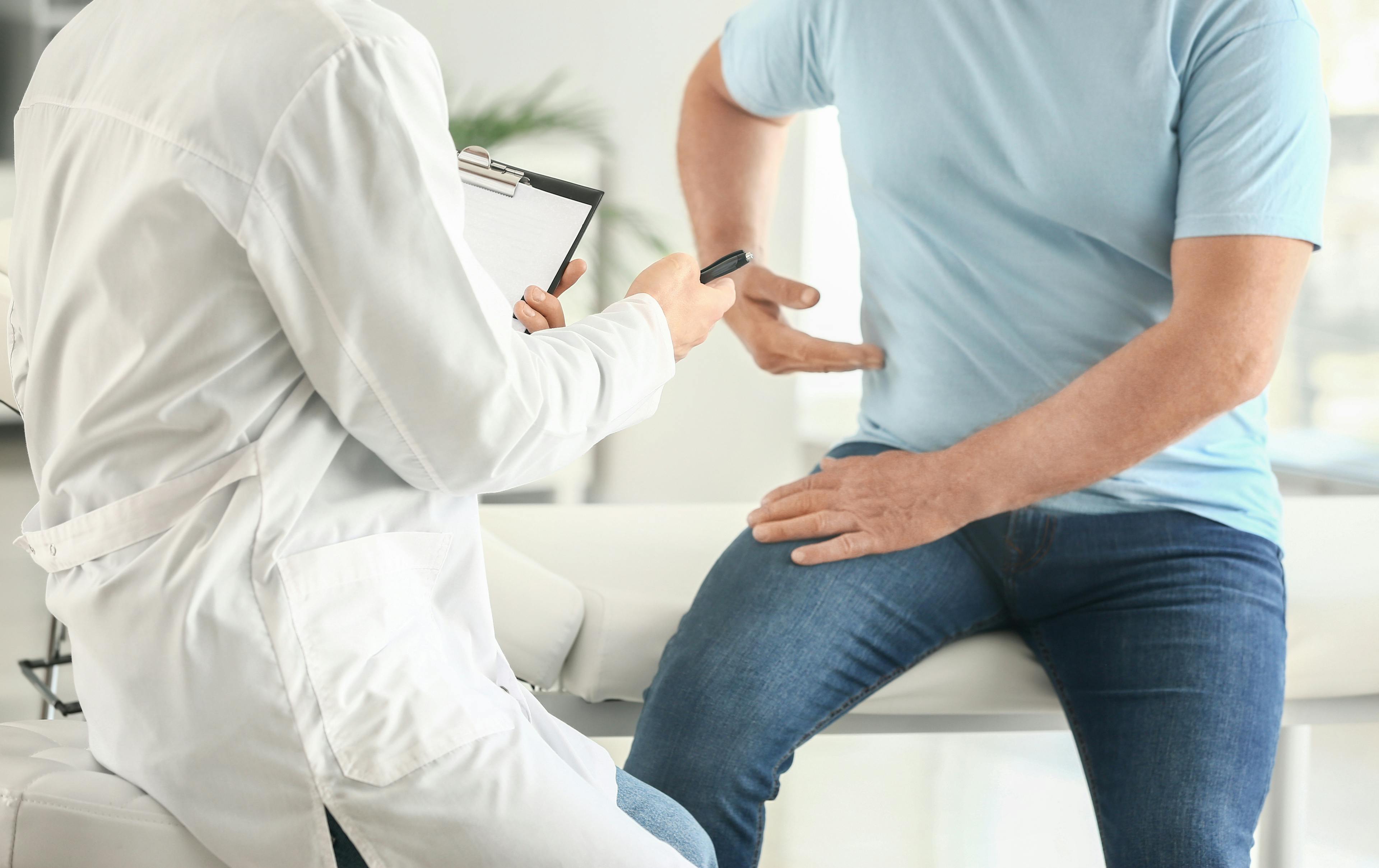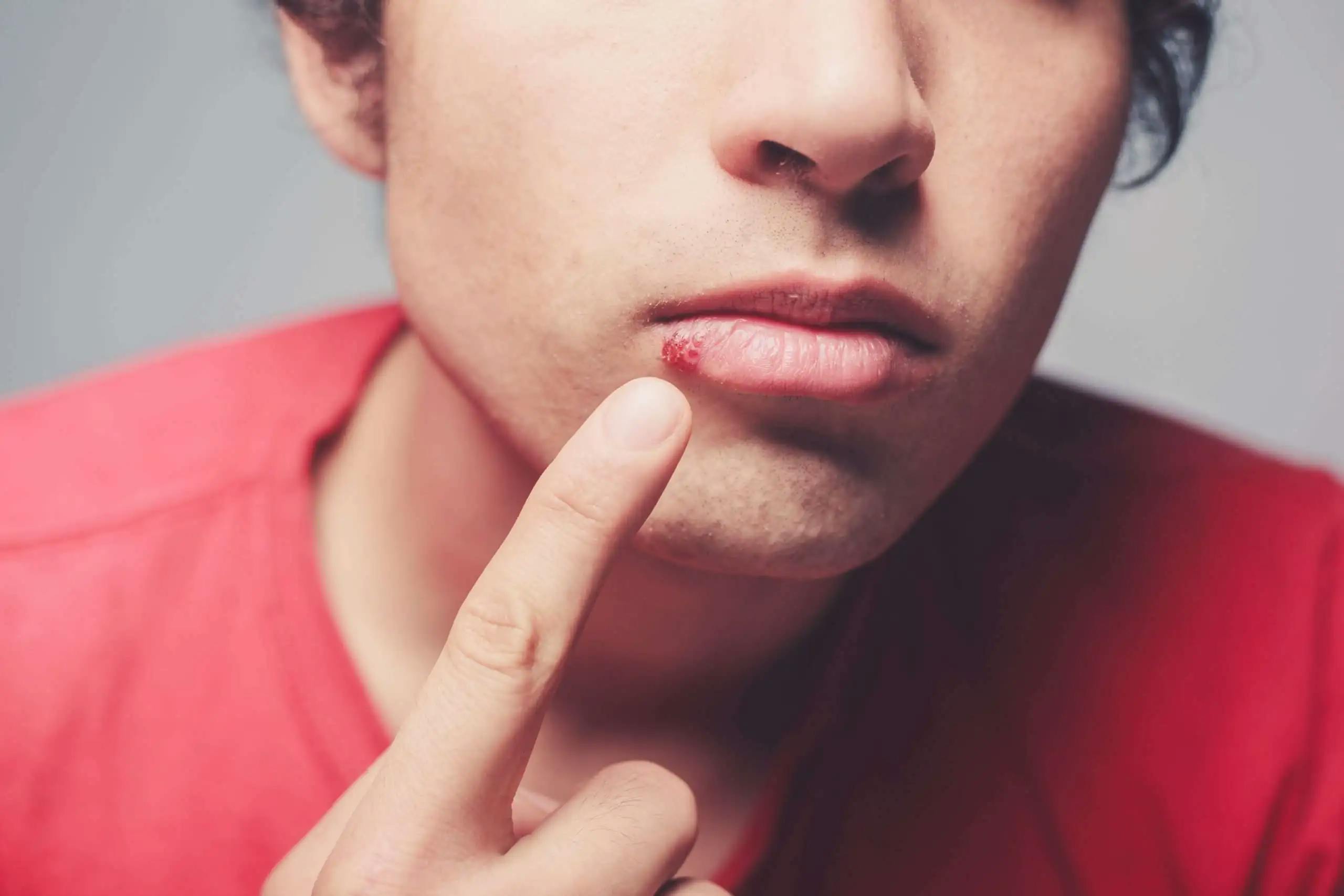A sunny day can be relaxing—whether you’re at the beach, pool, or hiking trail—but too much unprotected exposure can lead to more than just a bad sunburn. Sun poisoning is a severe reaction to prolonged ultraviolet (UV) rays that can make you feel sick and uncomfortable, and in some cases, require medical attention.
In this guide, you’ll learn what sun poisoning is, how it differs from sunburn, symptoms to watch for, treatment options, and how to prevent serious sun damage.
How UV Rays Affect Your Skin
When UV rays hit your skin, they penetrate and damage skin cells. This triggers inflammation, causing the redness, swelling, and pain we associate with sunburn. Over time, frequent or intense UV exposure can cause premature aging and increase the risk of skin cancer.
Sun Poisoning vs. Sunburn: Key Differences
While both are caused by excessive UV exposure, they vary in severity:
- Sunburn: Affects only the skin’s surface and usually heals within a few days.
- Sun poisoning: A more serious sunburn accompanied by whole-body symptoms such as fever, nausea, dehydration, and confusion.
Symptoms of Sun Poisoning
Seek medical attention if you experience:
- Severe redness, swelling, or blistering (face, arms, legs)
- Hives or an itchy rash
- Fever, chills, or headache
- Dizziness or confusion
- Nausea or vomiting
- Signs of dehydration (dry mouth, fatigue, dark urine)
Symptoms of Sunburn
Sunburn is generally milder and includes:
- Red, warm, irritated skin
- Mild swelling or tenderness
- Peeling skin after healing
How to Treat Sun Poisoning at Home
Mild cases can often be managed without a doctor’s visit. Try:
- Staying in a shaded or cool indoor space.
- Drinking plenty of fluids to rehydrate.
- Applying cool (not ice-cold) compresses.
- Taking over-the-counter pain relievers like ibuprofen.
- Avoiding picking or peeling blisters to prevent infection.
When to See a Doctor for Sun Poisoning
Contact a healthcare provider immediately if:
- Sunburn covers a large area
- You have severe blistering or swelling
- Symptoms include dizziness, nausea, or confusion
- Pain and redness worsen after several days of home care
How Doctors Treat Sun Poisoning
Providers may recommend:
- Prescription anti-inflammatory medications or topical steroids
- IV fluids to treat dehydration
- Wound care for severe blistering
- Close monitoring to prevent infection or complications
How to Prevent Sun Poisoning
1. Apply Sunscreen Properly
Use a broad-spectrum SPF 30+ sunscreen at least 15 minutes before going outside. Reapply every two hours and after swimming or sweating.
2. Wear UV-Protective Clothing
Choose UPF-rated shirts, pants, and wide-brimmed hats to block UV rays.
3. Seek Shade During Peak Hours
Avoid direct sun between 10 a.m. and 4 p.m., when UV rays are strongest.
Why Sun Protection Matters
Beyond preventing discomfort, consistent sun protection lowers your risk of skin cancer, sunstroke, and premature aging. Protecting your skin today pays off for your long-term health.
Book an Appointment for Sun Poisoning Treatment at CLS Health
Severe sunburn or sun poisoning symptoms should never be ignored. The sooner you seek care, the faster you can recover and reduce your risk of complications.
Our dermatology and primary care providers at CLS Health can diagnose your condition, recommend effective treatment, and help you prevent future damage.
Schedule your appointment today to protect your skin and get relief from sun poisoning.





